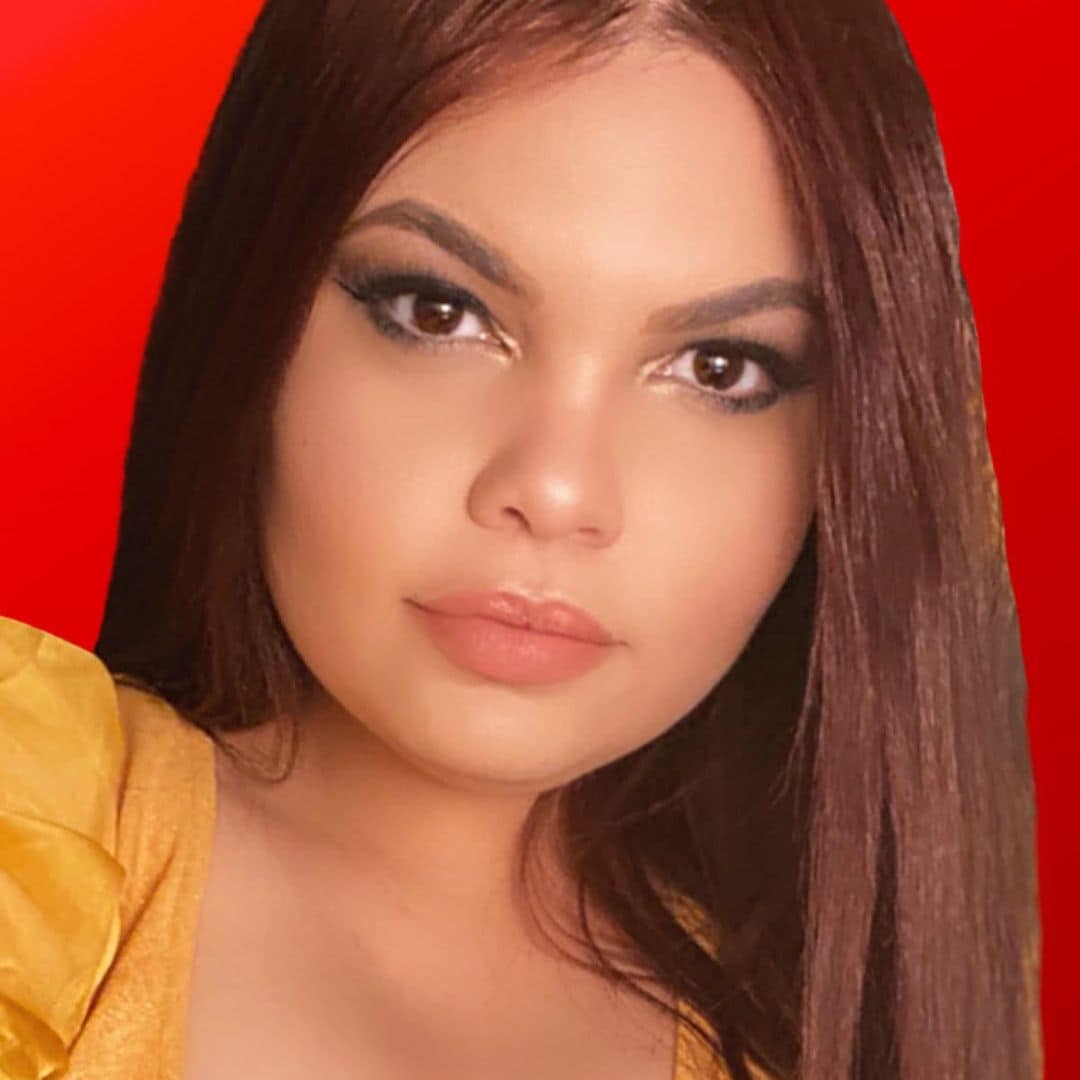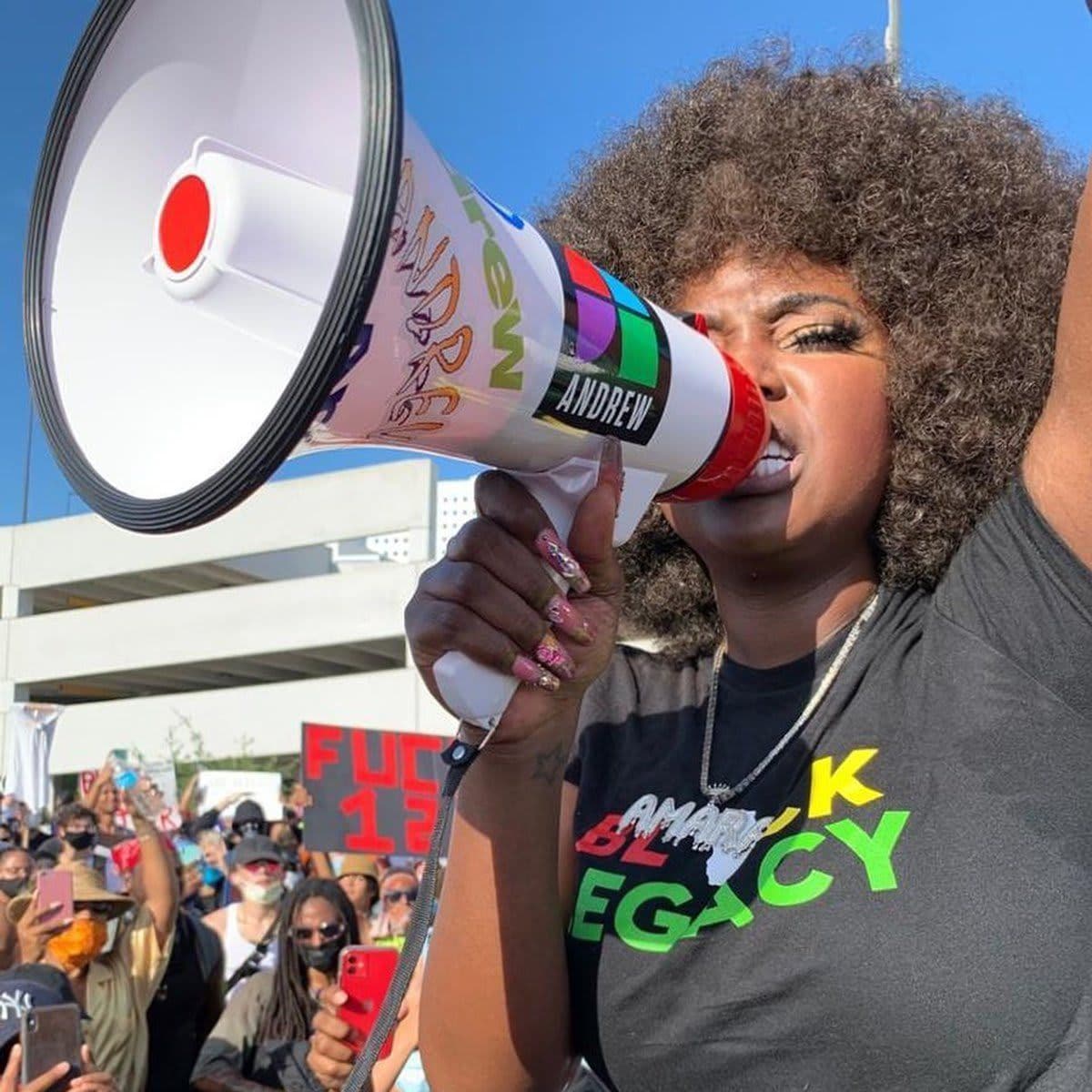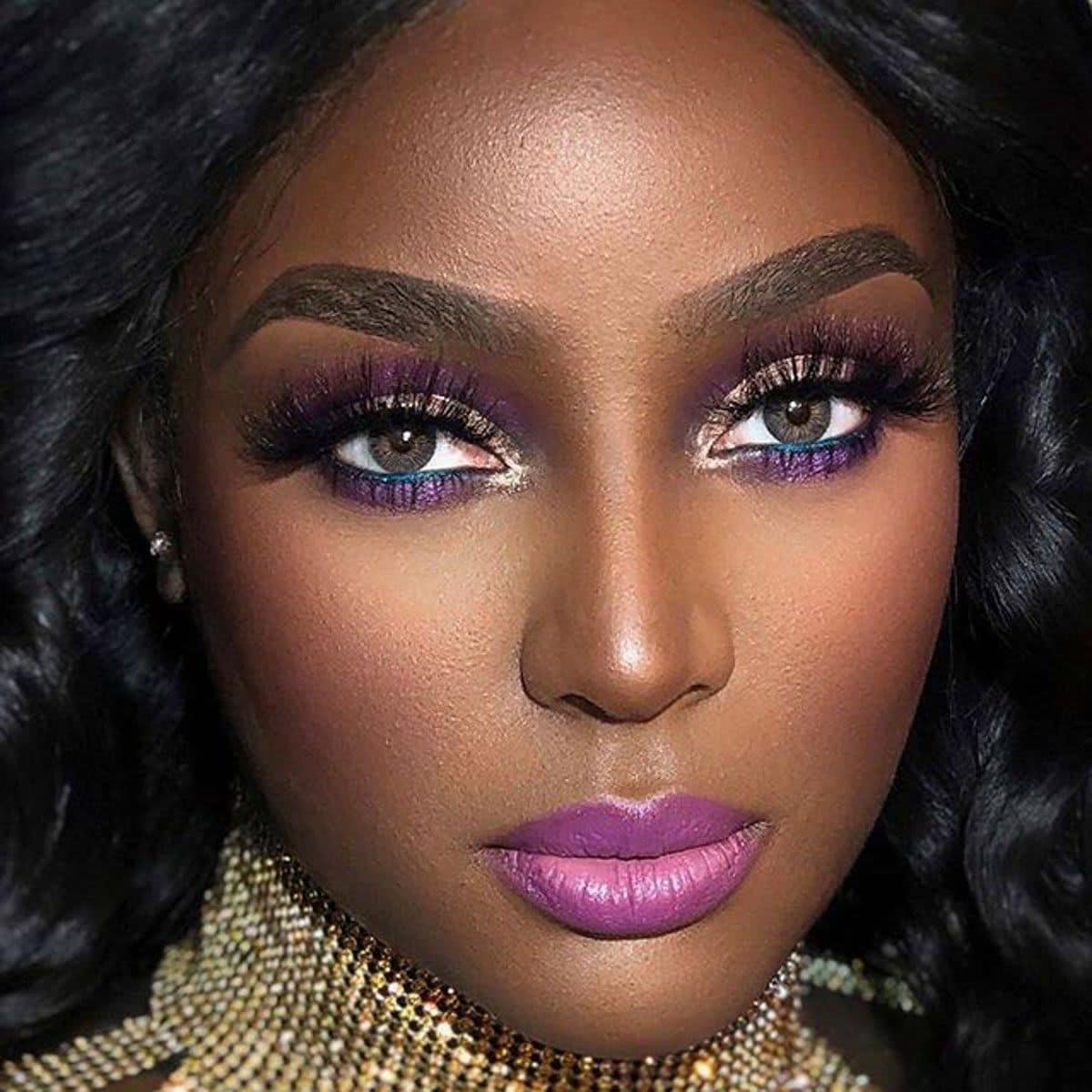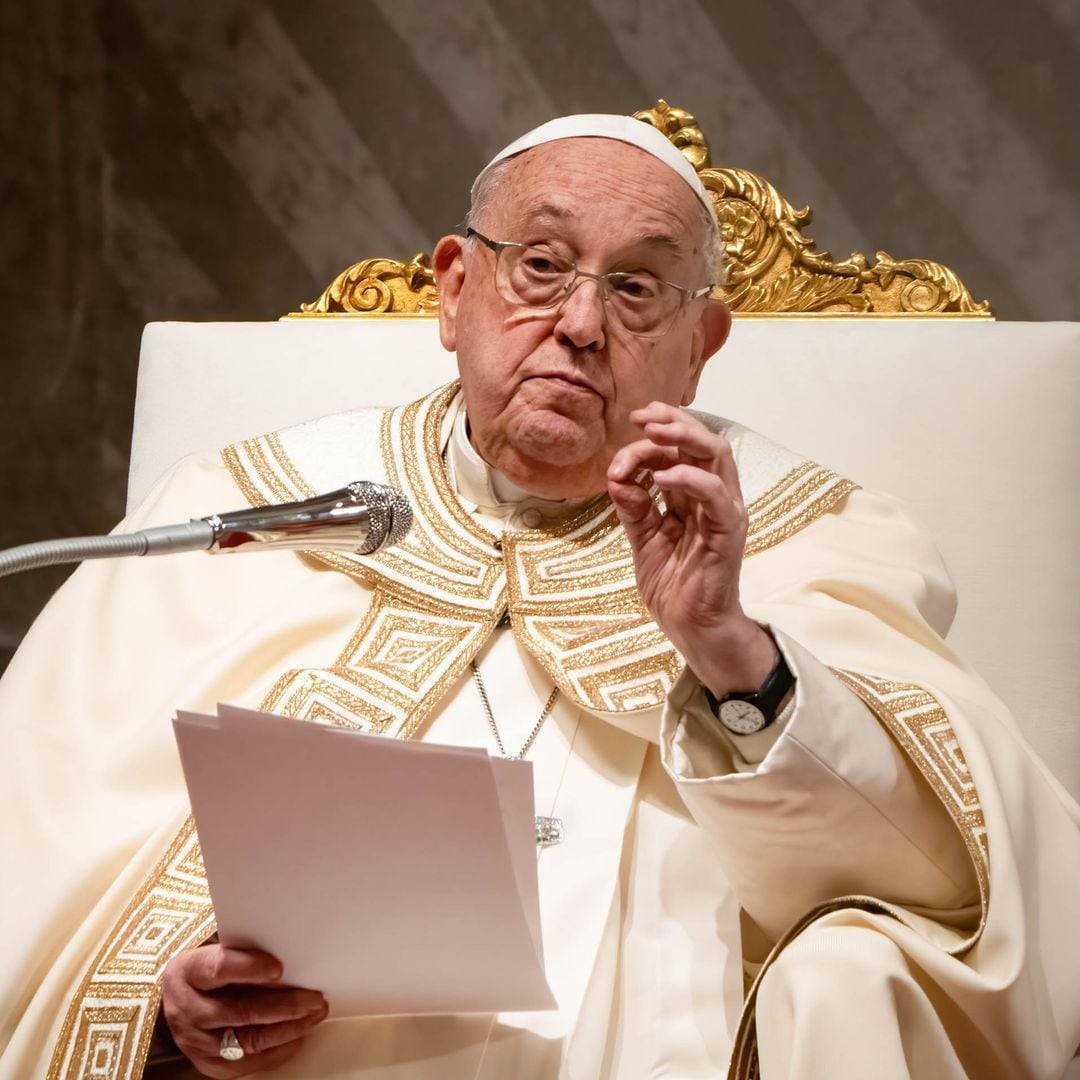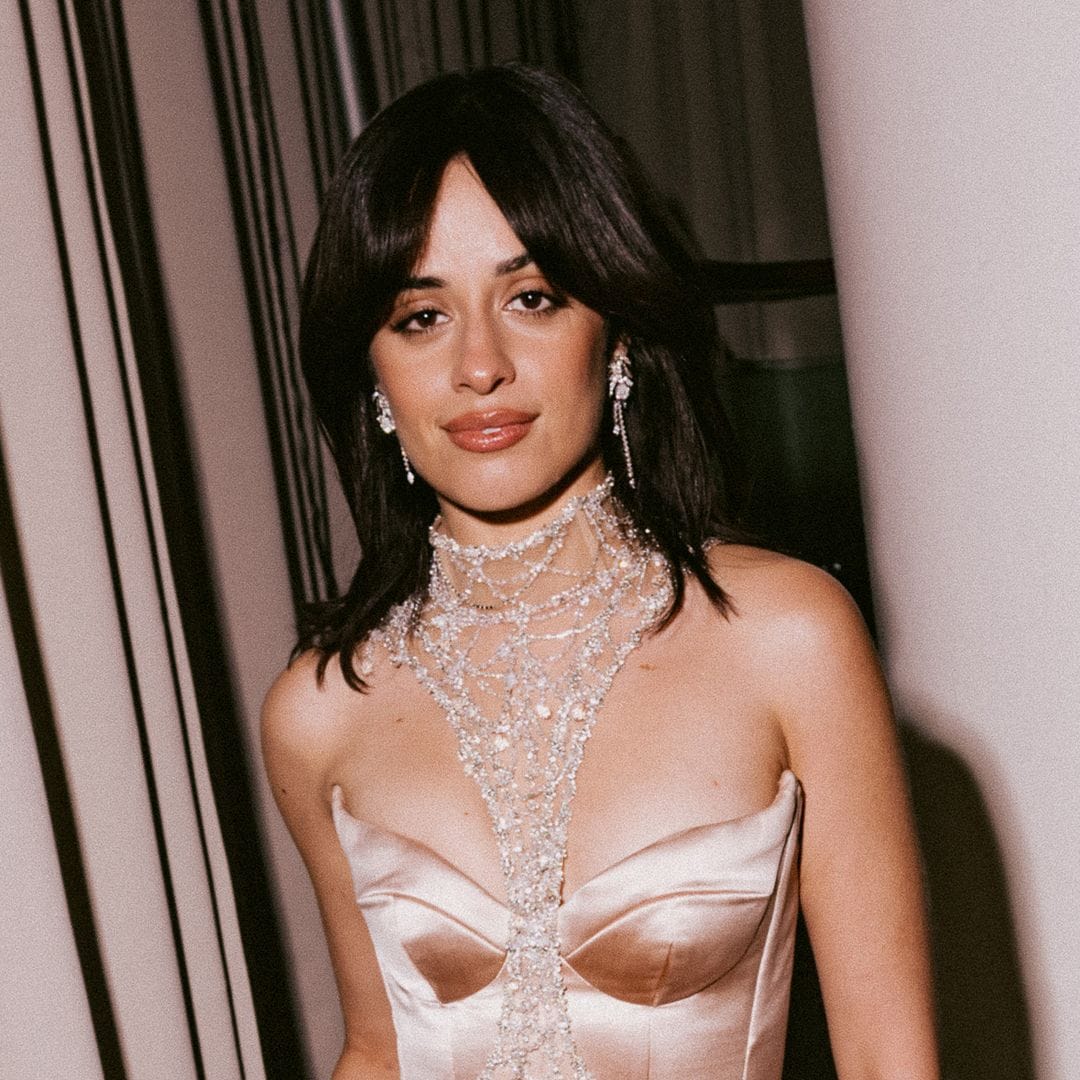Amara La Negra has always embraced her culture and AfroLatinidad. The multi-hyphenate artist is known for her catchy music, big curly hair, and mesmerizing skin; however, what makes her the most beautiful on the outside, has also made her experience uncomfortable situations.
In a recent interview, the 31-year-old singer, reality TV personality, podcast host, and businesswoman, revisited the time a music producer implied that she wasn’t elegant because of her hair. The Dominican also shared why she is so proud of her roots and her Afro-Latina heritage.
“I am proud of being Afro-Latina, Latina, Dominicana, Black…as a matter of fact; I’m just proud of being myself,” she said during E! News’ Ones to Watch video series in honor of Hispanic Heritage Month. “To check-mark all those boxes, it means sound, it means rhythm, it means flavor…It means culture,” Amara said.
“It means so many things to me… I’m just proud of who we are, and I’m proud that I am part of that category of that family of the meaning of Hispanic Heritage Month. I’m just honored to be able to embrace it,” she added.
And embracing her whole self made Amara realize that some people feel uncomfortable and threatened. During season one of VH1’s Love & Hip Hop Miami, Amara received racial comments and criticism from record producer Young Hollywood. According to her co-star, her afro made her look tasteless, suggesting that she should look “a little bit more Beyoncé, a little less Macy Gray.”
Surprised by the ignorant comments, Amara challenged his remarks. “So, I can’t be elegant if I have a ’fro? Is that what you‘re saying?” Amara asked the producer, to which he replied, “Yeah, I guess so.”
After the episode aired, the producer publicly apologized, and Amara revealed to the publication that she was glad the show broadcasted the conversation. “I’m grateful for that moment because that moment gave me the possibilities of starting the conversation for the Afro-Latino community for those who didn’t know about us, for those that didn’t know that we exist, for those that didn’t know that there was Black people that spoke Spanish,” Amara explained. “Thanks to that moment, a lot of people became inspired, motivated to get to know about their backgrounds, to get to know about their race, to get to know about their culture, and now they feel proud of it.”
,type=downsize)
